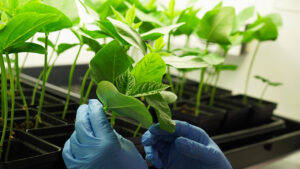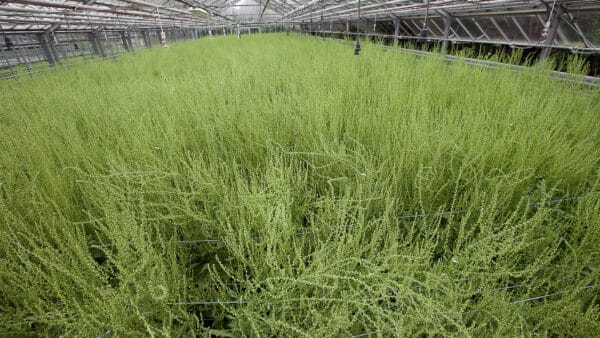Imagine sitting across the table during an interview with an agronomist candidate who knows everything. The candidate can recall every soil type, every slope percentage, the details of every disease over the past 20 years and the performance of every seed variety on every acre since 1999. Congratulations, you just hired an AI chatbot!
The new abilities of AI chatbots are being reported almost every day. They can write a hit song, compose a romantic poem, get an A on a college term paper and even pass medical school entrance exams. If AI can do all this, at what point do agronomists become obsolete?
Hiring quality field agronomists and product support positions is one of the most challenging tasks a seed brand has. Quality candidates need to have knowledge of the area’s soils, disease and pest pressure, weather patterns and have a deep understanding of the germplasm they are representing. Every farm is different and the interaction between the environment and the germplasm is nuanced and changes every year. Basically, the job is getting tougher to do and the pool of candidates is getting smaller each year.
This exact situation is happening in other sectors as well. Customer service jobs used to be outsourced to countries that had lower wage rates, but now many of the routine conversations are handled by AI chatbots. According to an April 2023 article from tidio.com, 88% of customers have had at least one chatbot conversation in the last year. This will likely be 100% soon. According to Grandview Research, the chatbot market size was $5.13 billion in 2022 and is expected to grow at an annual rate of more than 23% until 2030. When you combine this with the trend of “humanizing” chatbots with more natural-sounding voices and the ability to read emotion in a conversation, it’s easy (and a bit unsettling) to see a future in which we talk to computers as much as other humans.
Some of this is already happening on the farm. Growers can get disease identification by uploading pictures to an app and use drone or satellite imagery to see which areas of the field are impacted. Instantly, they will also get a fungicide recommendation and conveniently connected to a company that sells the product and can spray the field.
But for now, getting mud on your boots is still the best way to support your seed varieties on the farm. Agronomists are more than just a collection of facts and figures. They are a key piece of the farmers’ brand experience and humans are still better at building trusting relationships than computers. At least, so far!









